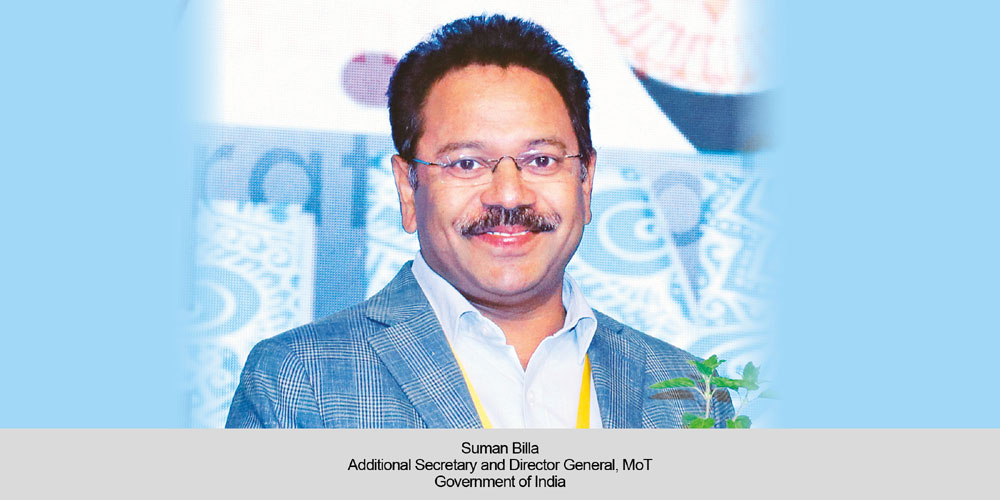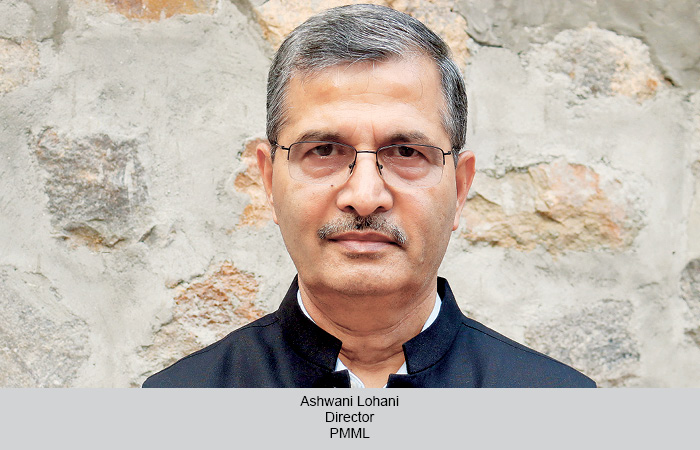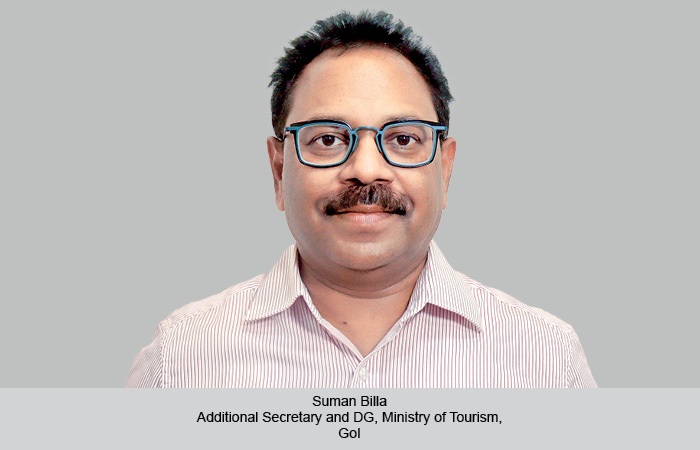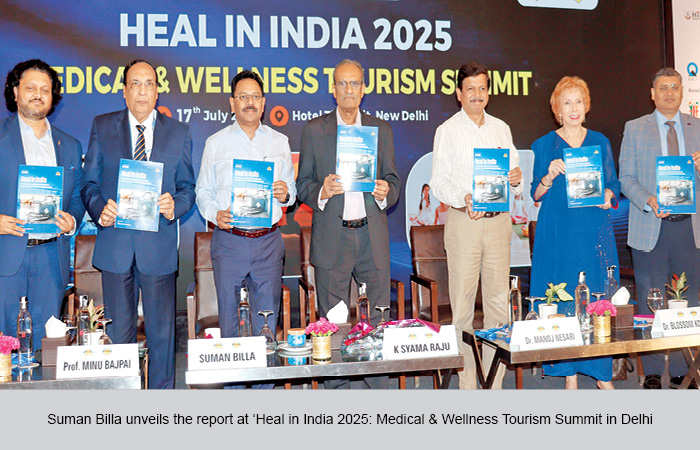Through webinars and constant representation of the industry’s woes to concerned government ministries and departments, Ministry of Tourism is working towards ensuring that the industry picks up as soon as the COVID-19 crisis begins to recede.
It shall also devise post-COVID strategies once global ones have been tried and tested.
For Rupinder Brar, Additional Director General, Ministry of Tourism, it was a combination of many ideas that pushed the Ministry of Tourism (MOT) to launch its webinars, which have today become a regular feature for them. “We started with the webinars on April 14 and there were a few reasons behind it. Firstly, there was a lockdown and there was no other way to communicate with the people at large and with the industry. Secondly, post-COVID, there will be a lot of interest in domestic tourism. Even before COVID-19, MOT was trying to provide thrust to domestic tourism, especially through the Dekho Apna Desh campaign,” she said. With so many webinars already hosted by MOT, Brar claims that they have a huge team which works on gathering the content and curating the entire journey to a place through a virtual medium.
Apart from that, MOT is in cognisance of the industry’s issues and is looking at both the organised and unorganised sector. “MOT is in receipt of a lot of representation from both organised and unorganised sectors. The ministry has been representing them before the Ministry of Finance—both at the level of the Minister as well as the Secretary. There have been many interactions and the government has already given some relief in terms of moratoriums, PF, etc. It is a constant dialogue which must be at a higher level in the government. We, at MOT, can only represent the interests of our stakeholders and must leave it for the government at large to fit it into their overall plan. Yet, voicing the concerns of our industry and putting them in the right perspective is what we have been doing. The government is proactive and hence the measures that come also directly or indirectly go to our stakeholders. There have been steps taken by RBI, the government and other bodies, which might not be noticed by some sectors, but any kind of relief benefits everyone,” she claimed.
With everyone talking about post-COVID safety measures and protocols for tourism and hospitality, Brar said that they will be formulating these policies once the National Tourism Task Force meets. “In the meantime, there will be a lot of dependence on the protocols that the health ministry shall be coming up with very soon. However, we need to create a sense of security, whether in restaurants, hotels, airports or other tourist places. Each country will be bringing in its own set of protocols ensuring that travellers and tourists have a sense of security that the place is safe from COVID-19 and is keeping in with norms for safety and hygiene. Hence, the government and stakeholders have to work together if we want people to come to our country,” she asserted.
Meanwhile, there is no clarity on the statistics of the unorganised sector of the tourism industry. “There have been recommendations regarding the same and we have received figures from FAITH as well. The statistics indicate that about 70 per cent of the industry is the MSME. Having said that, the entire MSME does not necessarily become unorganised. Hence, I cannot clearly say anything yet,” Brar commented.
While everyone is talking about the new normal, it is believed that there will be new kind of promotions and new markets to explore to attract tourists into India. Would Incredible India 3.0 look different from Incredible India 2.0? Providing her view, Brar said, “We still have to see how the world actually evolves and what we can expect, because there will be a lot of changes in the future. It’s too early to say what we can do. Meanwhile, there is a lot of talk of sustainability, home-cooked food and experiential tourism. However, we need to see how it will pan out, in detail, and shall wait for most parts of the world to come up with their own guidelines. We will continue to study trends in
the meantime.”
She added that they can already foresee there will be more domestic tourism and short-distance travel in the future. This would also be reflected in our commercials. “For overseas promotions, we need to showcase our strengths, particularly in the COVID-19 environment—the way of life, the ‘Namaste’ greeting, the philosophy of home-cooked food, and other things derived from our culture like Ayurveda, meditation, Yoga, etc. We would be looking at pitching them. However, which countries we should pitch to and from where travel will happen, we shall wait for some time to know. We will see how the countries come out with their own protocols of travel. There is no point creating a promotion at this point, as the world is still grappling with COVID-19. Right now, all we need to do is wait and work towards creating hope.
 TravTalk India Online Magazine
TravTalk India Online Magazine




